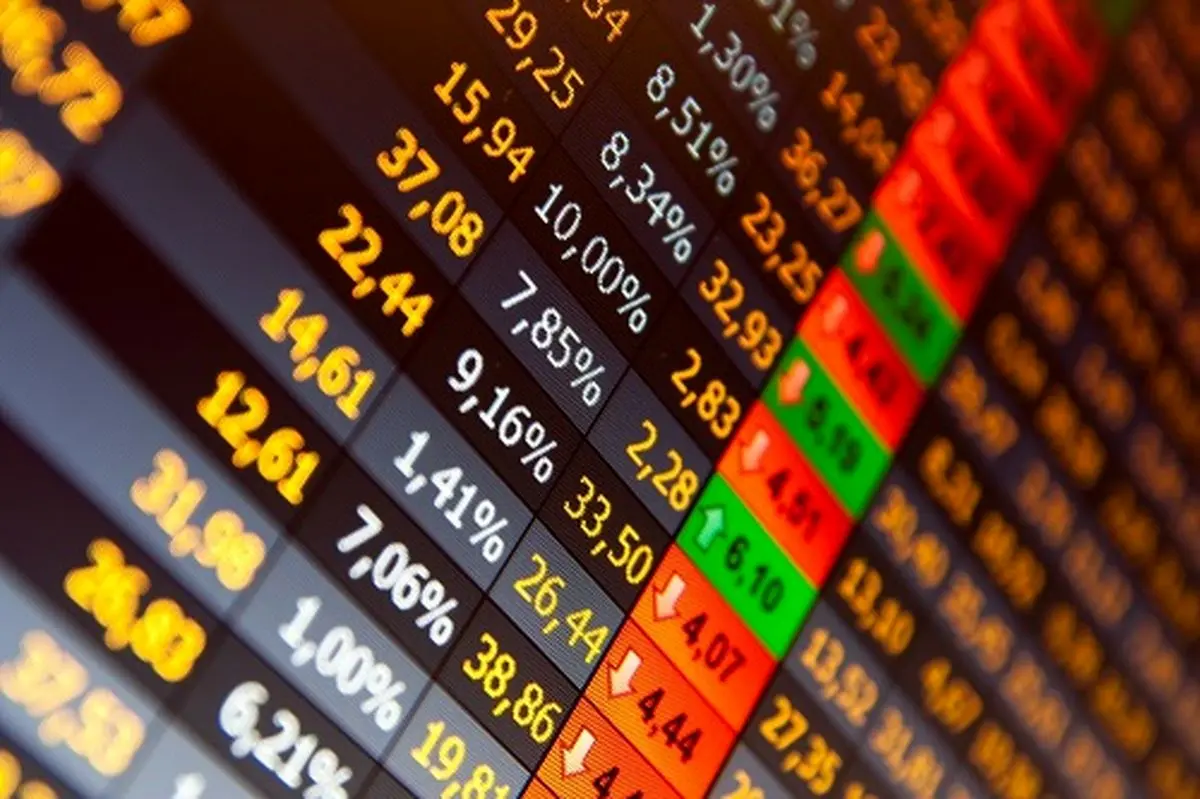Asian shares on slippery slope as Trump ups ante in trade war

Asian shares started the week in the red on Monday, faltering for the eighth straight day while the dollar climbed as U.S. President Donald Trump raised the stakes in the heated trade dispute with China.
MSCI’s broadest index of Asia-Pacific shares outside Japan was last down 0.6 percent, extending losses from last week when it dropped 3.5 percent for its worst weekly showing since mid-March.
Japan’s Nikkei opened lower but quickly pared losses after revised second-quarter gross domestic product data showed the world’s third-biggest economy grew at its fastest pace since 2016.
Chinese shares weakened, with the blue-chip index off 0.6 percent while Shanghai’s SSE Composite stumbled 0.4 percent. Hong Kong’s Hang Seng index slipped 0.8 percent.
On Friday, Wall Street stocks ended lower while world share indexes registered their biggest weekly declines in almost six months after Trump threatened tariffs on a further $267 billion worth of Chinese imports, on top of earlier promises to levy duties on $200 billion worth of Chinese goods.
Beijing has warned of retaliation if Washington launches any new measures, but it is running out of room to match them dollar-for-dollar, raising concerns it could resort to other measures such as weakening the yuan or taking action against U.S. companies in China.
“The overall sense is that the United States will continue to escalate the pressure until China submits to U.S. demands which does not seem likely any time soon,” JPMorgan said in a note.
“Overall, the impact of tariffs and high levels of uncertainty will both continue to weigh on markets into the end of the year.”
Chinese trade data released on Saturday could give Trump more reason to turn up the heat. China’s trade surplus with the United States widened to a record in August.
Trump, who is challenging China, Mexico, Canada and the European Union on trade issues, has now expressed displeasure about his country’s large trade deficit with Japan.
END
